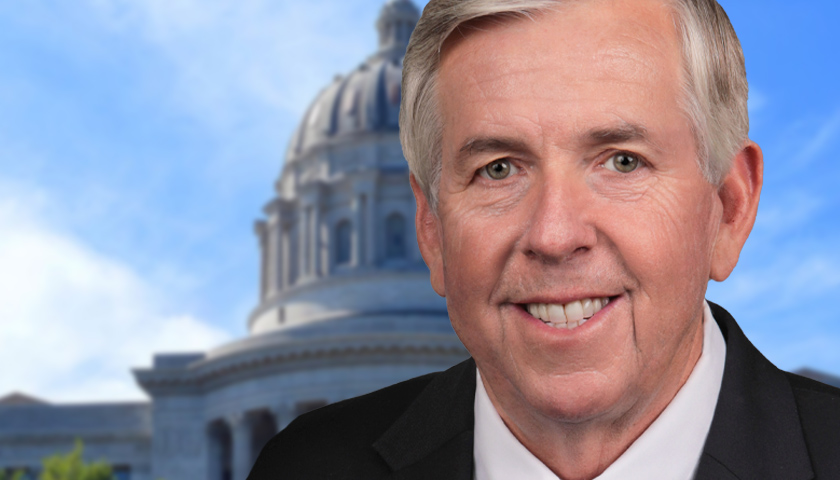For the first nine months of the COVID-19 pandemic, there were no officially approved outpatient treatments for combating the disease. From March 2020, when the virus first emerged in the United States, until that November, when the Food and Drug Administration authorized emergency use of monoclonal antibodies, health authorities advised that the infected do little but quarantine themselves, drink plenty of fluids and rest unless hospitalization was necessary.
During those chaotic final months of Donald Trump’s presidency, the medical establishment expressed extreme caution regarding outpatient treatments for the virus, and these warnings were amplified by major media hostile to the president, for example when he touted the anti-malaria medicine hydroxychloroquine.
Although an estimated 12% to 38% of prescriptions are written for FDA-approved drugs used “off-label” (including Botox and Viagra), Dr. Anthony Fauci, director of the National Institute of Allergy and Infectious Diseases, declared early on that providers should dispense only medicines proven to be safe and effective for COVID patients through “randomized, placebo-controlled trials.” These can take months or years to conduct, and often at great cost.
Read More





